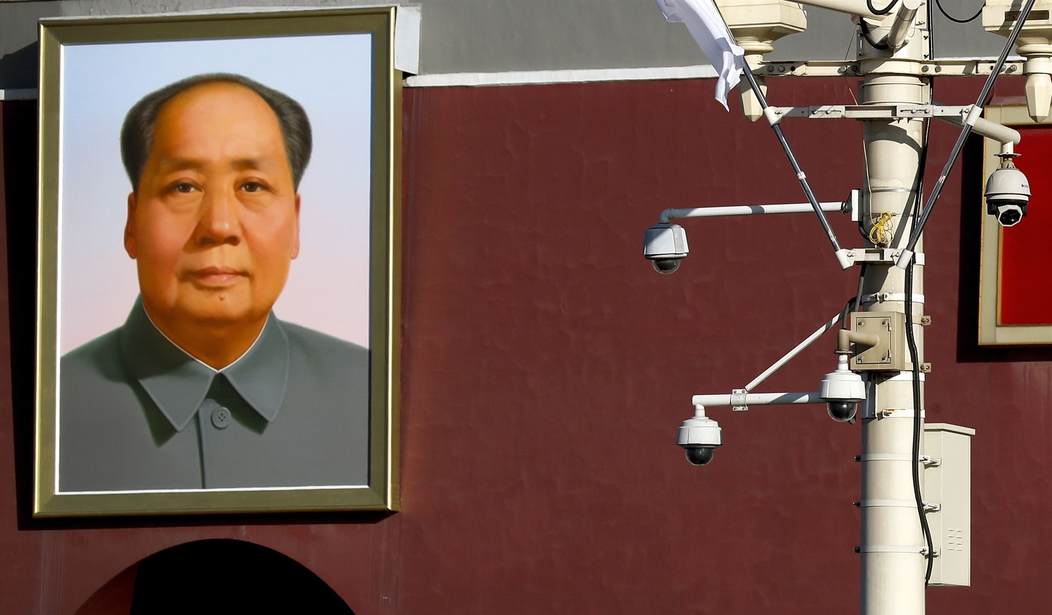Ezra Klein has an interesting interview with Vox author Sean Illing today. Illing has co-written a new book titled “The Paradox of Democracy” which, based on this interview, is basically about the idea that democracy doesn’t guarantee a stable, liberal (in the classic sense) political environment. But beyond that, there’s a historical argument being made by the authors which goes like this: Politics is downstream of culture but culture is often downstream of technology. As an example, Sean Illing brings up Sesame Street:
So you can think about it like this, and this is the way Neil Postman who wrote “Amusing Ourselves to Death” put it. His book is a kind of indictment of TV. But he actually loved junk TV. He thought it was very entertaining.
The problem is that the news and politics because it relied on TV had to ape the mechanics and the logic of TV. It had to be entertaining. And I was listening to some interviews that he did the other day, and he used “Sesame Street” as an example here. What he was saying is that, look, it’s not that kids don’t learn how to spell when they watch “Sesame Street.” Surely, they do, and that’s great.
It’s that the medium of TV also communicated an important message. And the message was that education and entertainment are bound up with each other. And so that conditioned a generation to expect education to be entertaining, right? And so TV will do the same thing with politics shows. So like John Oliver’s show, which is great but it only works if it’s entertaining and funny.
And it’s the same thing with cable news where you turn on “Morning Joe” and they’re bebopping along and playing Rolling Stones songs while cutting to commercials. It is always a TV show first, it has to be. The form itself, the medium itself imposes that.
That’s just one example but the idea is that kids grow up with certain technology that then informs expectations about politics as well as everything else. They return to the issue of how television impacted politics later in the discussion:
Postman is more interesting to me as a political person because he’s really just asking, does our media environment even allow the serious public discourse? And I think it’s maybe in the first or second chapter of “Amusing Ourselves To Death,” and this gets at the ideology point I think.
Because he’s talking about Reagan and William Taft and how William Taft could not have been president in 1980. Why is that? And he says, J.F.K. is the first TV president. TV was still fairly new and every new medium bears the stamp of the one it’s sort of overthrowing. But by the time you get to 1980, TV is really transform the culture.
And by the time we get to Reagan, he says, it’s no longer or the question is no longer, do I agree with that guy? It’s do I like him? And that’s the thing that still dominates our politics. It’s vibes and feelings and impressions.
But all of this is really just a set up for a broader point, which is that just as TV changed our politics in unpredictable ways since the 1960s, we’re currently living through an even more dramatic technological change thanks to the internet and social media. And while we can all see that Twitter and Facebook are having an impact it’s still not clear exactly what that will look like as the first generation of kids who grew up with social media accounts gets to the age where they are elected officials.
And at this point the conversation becomes a little bit…hopeless? Maybe dispirited is the better word. But it’s clear that Klein and Illing, who are both progressives, see the ability of Donald Trump to win the 2016 election and the ability of right-leaning media to get traction as a sign that everything is going to hell in a handbasket. It’s a shame that Klein rarely has anyone on to fill in some of these gaps but give him some credit here. I think he does make a good point about Trump’s appeal.
I think it’s really easy to underplay the substance of what he represented at the very least. And he didn’t code it in the way that appeals to the policy wonks because I remember he only had six, seven or eight issues on his web page. They’re pretty thin the way he described his policies back then.
But nevertheless, I think he persuaded a lot of people in part through the fights he picked, in part through who he went after that he was going to represent them, right? That they didn’t like immigration and nor did he. That they didn’t like how this country was changing and nor did he. That they didn’t like Democrats and nor did he. But also they didn’t like George W. Bush and nor did he.
That persuasion I don’t think has to be high-minded. And one thing I think Trump understood is that part of the way you persuade people that you’re on their side is you come to share their enemies…
And I would argue that in many ways Trump betrayed the people that he promised to represent. But I do think there’s something here that actually Democrats and populists and everybody else tend to miss, people who are too into policy communication as I am tend to miss, which is, you have to convince people first and foremost that you’re on their side before they’re going to listen to almost anything else you tell them.
I think that’s right and the corollary here is that Democrats don’t do themselves any favors by making it clear they don’t like or don’t respect the people on the other side. If you had to single out one attribute that progressive politics is positively drenched with it’s smug condescension toward anyone outside the camp. And a lot of that smugness can be found every day coming from ostensibly neutral journalists who are in fact progressive partisans. Its why Trump’s hits on the media worked so well.
Anyway, all of this gets to an interesting question near the end of the interview: Is the human brain really up for the challenge of being wired into everything, everywhere all at once. That’s basically what the internet and social media have given us but whether or not we can handle it or if it will in fact make us all crazy is still an open question.
…if you think about the global nervous system for a second, which is, I think, a really vivid way of thinking about the internet, it is so obvious that that’s not good. If we are being confronted by the anxieties and the outrages everywhere all the time, and we can’t do anything about it, and the algorithms are pushing all the terrible shit in front of our faces all the time, that breeds fatigue and cynicism and probably despair.
And it’s all so new, really. This has — this has barely begun. There’s not — and I said this before — we don’t even have a name for whatever this next era is going to be because we’re still in this weird convergent space. But it is pummeling us from every direction. And things are changing so fast I just don’t think there’s enough time to gain our footing. And I think we will adjust I hope, before we blow ourselves up. But this is still so new. It just feels like it’s been around forever because it’s so damn exhausting.
I like the analogy of the internet as a global nervous system but again I do think the hopeless tone has something to do with the age of the people involved in the discussion. There was probably a time when the idea of 500 cable channels seemed excessive and overwhelming to a lot of people. But the truth is my own kids barely watch cable anymore. They have random access to everything on Netflix and Disney+.
The same is true for social media. It can be exhausting for those of us who didn’t grow up with it from a very young age but for those who did most of them seem to manage it pretty well (though I think there are some reasons for concern about the pressures it creates on young kids, especially girls). So maybe our culture will change as the technology changes us but I don’t think that’s necessarily grounds for despair about democracy.
My own view is that the real threat to democracy comes not from the chaos that surrounds its free use in free cultures but from it’s ability to turn an autocratic, one-party, collectivist state into the kind of surveillance dystopia which George Orwell imagined in “1984.” (Yes, I’m talking about China.) The threat isn’t that the tech itself will overwhelm us, it’s that evil men acting for the good of the collective will use it to control us to a degree we’ve never been controlled before. That does seem to me to be a real danger but also a really obvious one we can try to avoid.








Join the conversation as a VIP Member